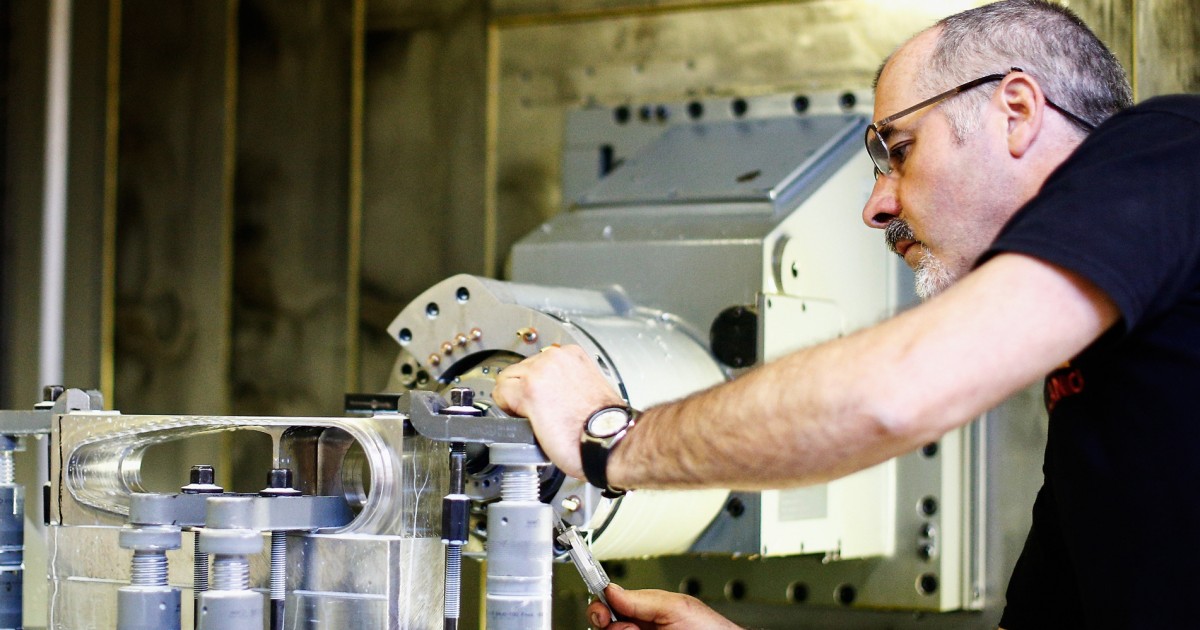
Grounding Electrodes
In space and astronautical engineering, grounding electrodes refer to the conductive materials that are used to establish an electrical connection between a spacecraft or a satellite and the ground. The grounding electrodes are designed to protect the spacecraft from electrical surges and lightning strikes that can cause damage to the electronic components. The grounding electrodes are typically made of copper or aluminum and are buried in the ground to provide a low-resistance path for the electrical current. The size and number of grounding electrodes required depend on the size and complexity of the spacecraft or satellite. Grounding electrodes are an essential component of the electrical system of a spacecraft or satellite, and their proper installation and maintenance are critical to ensure the safety and reliability of the spacecraft or satellite.
Your Previous Searches
Random Picks
- Studying Universe: Studying Universe refers to the scientific investigation of the cosmos, including its origins, evolution, composition, and behavior. This field of study encompasses a wide range of disciplines, including astronomy, astrophysics, cosmology, ... Read More >>
- Communication Security: Communication Security is the practice of protecting the confidentiality, integrity, and availability of information exchanged between two or more parties. In the context of space and astronautical engineering, communication security is cru ... Read More >>
- Magnet: In space and astronautical engineering, a magnet is a material or object that produces a magnetic field. Magnets are used in various space applications such as magnetic torquers for attitude control of spacecraft, magnetic shielding to prot ... Read More >>
Top News

A day at Uranus just got 28 seconds longer...
A day at Uranus just got a little longer...
News Source: ABC News on 2025-04-07

SpaceX's Fram2 returns from first-of-its-kind mission around Earth's poles...
The Fram2 mission, paid for and led by a cryptocurrency billionaire who is flying with three guests, has returned after a journey on a unprecedented polar orbit....
News Source: CNN on 2025-04-04

Scientists release plans for an even bigger atom smasher to address the mysterie...
GENEVA — Top minds at the world’s largest atom smasher have released a blueprint for a much bigger successor that could vastly improve research into the remaining enigmas of physics....
News Source: NBC News on 2025-04-01

Scientists release plans for even bigger atom smasher along the French-Swiss bor...
Scientists at the world’s largest atom smasher have released a blueprint for a much bigger successor that could help solve enigmas of physics, starting in the mid-2040s at a cost of about $16 billio...
News Source: ABC News on 2025-04-01

The 'Blaze Star' hasn't exploded yet, but it could soon...
T Coronae Borealis has an outburst every 79 to 80 years, according to NASA....
News Source: ABC News on 2025-03-28